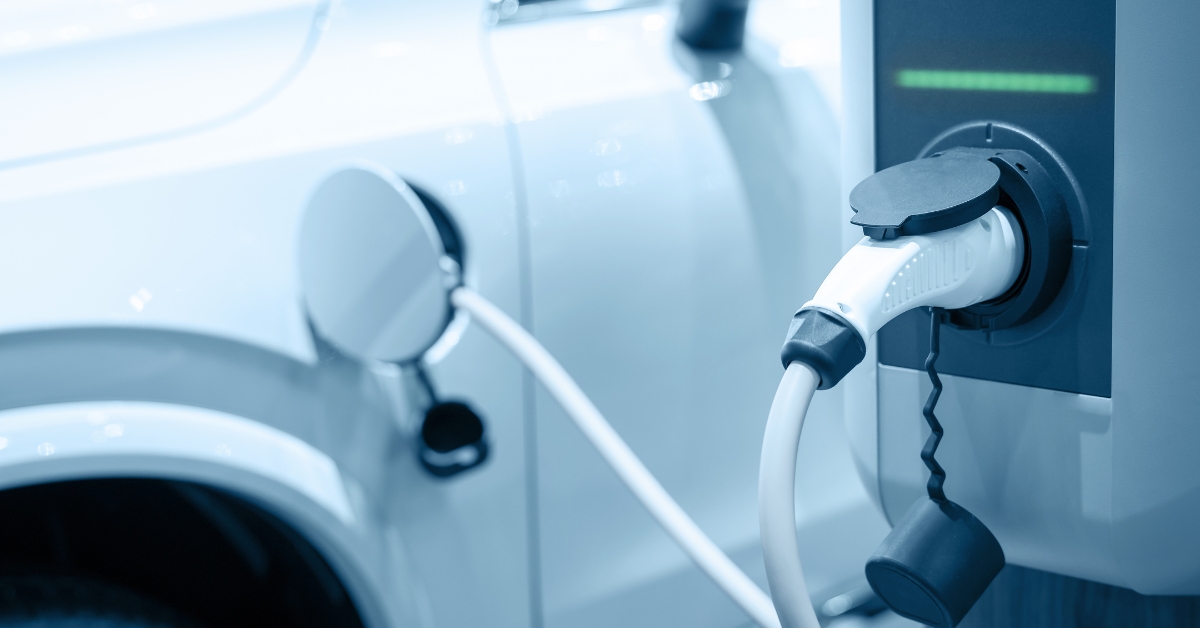
Biden’s EV Push Risks National Security Due to China’s Dominance
In a striking critique of President Joe Biden’s electric vehicle (EV) policy, a group of 17 retired U.S. military officials, led by Maj. Gen. James Marks, have raised serious concerns about the national security implications of the administration’s aggressive push for mass EV adoption. Their warning underscores a critical aspect often overlooked in the rush towards electrification: the geopolitical and security risks associated with over-dependence on foreign supply chains, particularly those dominated by China.
The Biden administration has set ambitious targets for EV adoption, aiming for 50% of new vehicles to be electric or plug-in hybrids by 2030. Furthermore, the Environmental Protection Agency (EPA) has proposed stringent vehicle standards to significantly reduce emissions by 2032. While these initiatives are lauded by some as essential steps towards combating climate change, the retired military officials see a different picture — one where national security is compromised by increased vulnerability to Chinese influence.
China’s dominance in the EV supply chain, particularly in the critical minerals and manufacturing sectors necessary for the production of electric vehicles, poses a clear threat to the United States. The retired officials argue that Biden’s EV policies could inadvertently strengthen China’s geopolitical leverage, allowing for potential economic manipulations against the U.S. This perspective challenges the prevailing narrative that the transition to EVs is an unalloyed good, revealing the complexities and potential pitfalls of a policy driven more by cimate change alarmism than by a holistic assessment of national interests.
Supporting these concerns is the ground reality in the automotive market. Car dealerships across the country are reporting a mismatch between the supply of EVs and actual consumer demand. Even with substantial incentives, EVs remain a hard sell, indicating that the market may not be as ready for a rapid transition as the Biden administration believes. Moreover, issues like insufficient EV charging infrastructure and range anxiety continue to deter potential buyers, casting doubt on the feasibility of the administration’s targets.
These voices from the military and the market send a clear message: the push towards EVs needs a more nuanced and security-conscious approach. Blindly pursuing electrification without addressing its strategic implications could leave the U.S. in a precarious position, dependent on foreign powers for essential technology and resources.
In conclusion, while EVs have some advantages, this should not blind us to their geopolitical and security implications. A prudent approach would prioritize national security considerations over environmental goals, ensuring that the U.S. retains strategic autonomy in the face of evolving global challenges.











